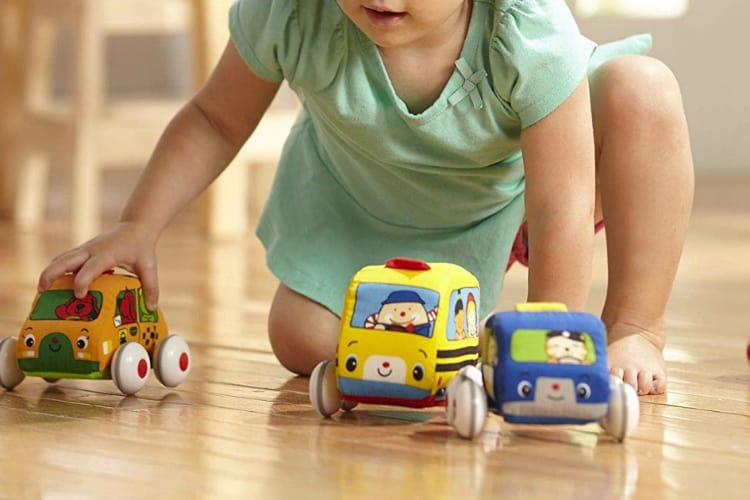
It's all too common for kids to make-believe when they play. At first, it may seem like it's not ideal for helping them get more in touch with reality, doing an imaginative play is actually a vital component for their development.
These are some ways your child can benefit from using this style of playing.
When your child does pretend play, they have an opportunity to create stories and explore new ideas on their own. They also have the freedom to make their own rules, instead of simply following pre-set ones from other forms of playing. The more that they connect to the reality of the world around them, the more they are able to incorporate what they learn into their playtime. The way they merge the reality they know into their imaginative play encourages them too to become more creative.
This type of play is all about communication. The more that your child uses their words to come up with their story as they play, the more they get to hone their language skills and gain confidence along the way. Try to listen to them when they play--you'll get surprised by the number of new words they'll be using! When they're playing with others, they also get to become more social. Their interaction with others teaches them about important lessons like sharing, taking turns, and working with other individuals. They get to understand that these things are important in building relationships with others.
Aside from requiring verbal skills, pretend play is also very much a physical activity. It's a great way to keep your kids active and help them develop their motor skills. Evidence even suggests that role play involving more physical actions (as rowdy as they can get--provided that it's well monitored and doesn't go far) can help the development of a child's frontal lobe which is responsible for regulating behavior. This is because the cause and effect of their rough actions can help them realize when an action is appropriate and when it isn't.
Does your child love imaginative play? How do you encourage them to continue with that style of playing?